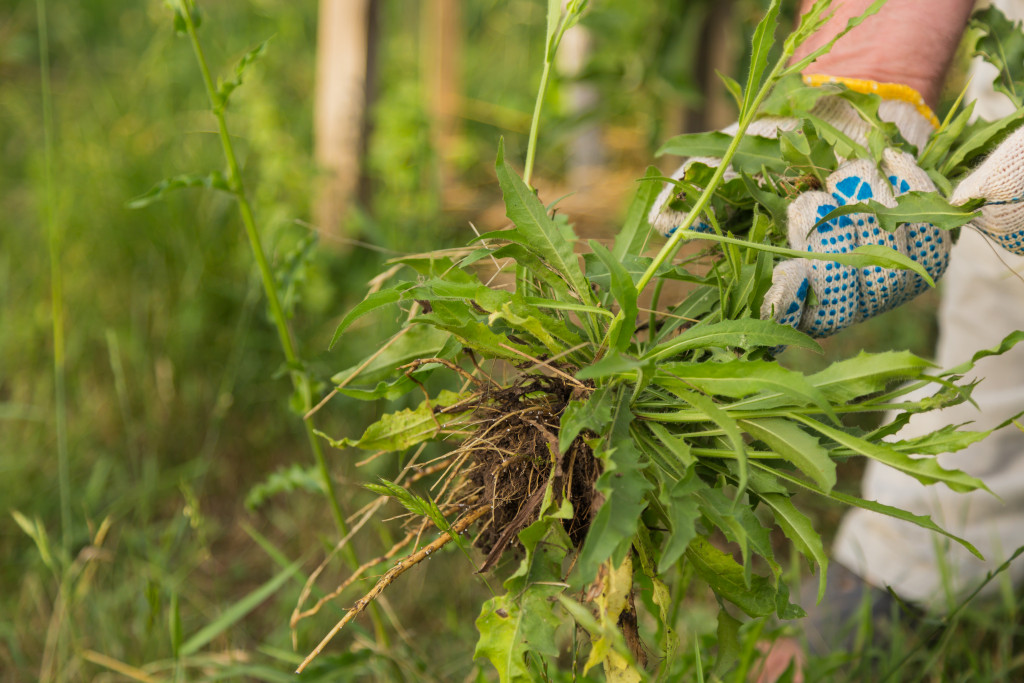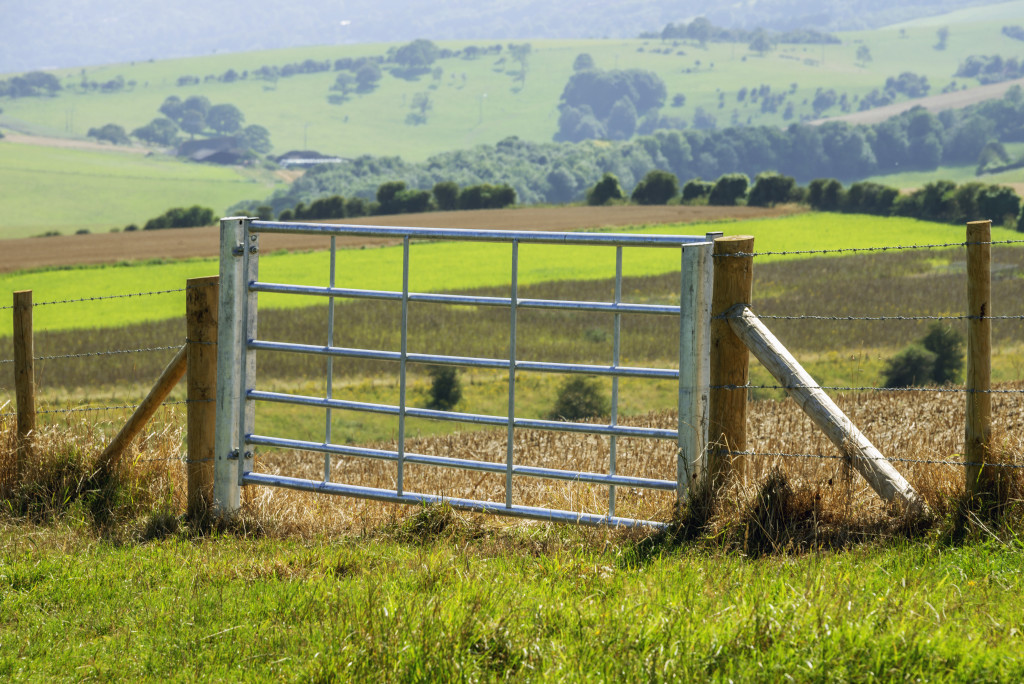Agriculture is the backbone of any economy. It provides food, raw materials, and other resources necessary for a country to thrive. In many parts of the world, agriculture remains a vital sector that drives economic growth and supports social and environmental objectives. However, in recent years, agricultural production has been hampered by some factors such as climate change, limited access to land and water resources, and declining soil fertility. Here are six ways the government can help boost agriculture
Protecting Farm Animals
Farming is a vital part of any economy and providing farmers with the support they need is essential to ensuring food security. One way the government can help boost agriculture is by protecting farm animals. This includes enacting and enforcing laws prohibiting animal cruelty and investing in research to improve animal welfare.
Animal welfare improves farm animals’ lives and positively impacts farm profitability. Animals that are well-cared for are more productive, which can lead to increased profits for farmers. Hence, the government should ensure that they provide all the necessary facilities to the farmers to help them with caring for farm animals.
Even if the livestock needs to be shifted to another location, the farmers should use excellent quality bumper pull livestock trailers. These trailers allow the farmers to shift their farm animals to another location without any hassle. This also includes visits to veterinarians. Moving the farm animals in standard vehicles can be challenging for the farmers and the livestock, too. Hence, it is best to use livestock trailers for any moving.
Improving Access to Land and Water Resources
Agriculture is a vital sector of any economy, providing food, fiber, and other essential products. In recent years, however, the agricultural sector has faced significant challenges, including a decline in crop yields and increased pests and diseases. The COVID-19 pandemic has also dealt a blow to the sector, with many farmers struggling to sell their products. One way the government can help boost agriculture is by improving access to land and water resources.
By making these resources more available and affordable, farmers will be better able to produce crops and livestock, leading to higher incomes and improved food security. In addition, the government can also provide financial assistance to farmers, helping them cover the costs of inputs such as seeds and fertilizer. The government can help ensure that the agricultural sector remains strong and thriving by taking these measures.
Supporting Sustainable Agricultural Practices
Sustainable agriculture is a type of farming that focuses on three main goals: environmental stewardship, social justice, and economic viability. Sustainable farmers work to protect and restore natural resources, support the local economy, and provide safe and fair working conditions for farmworkers. Government policies can play a powerful role in promoting sustainable agriculture.

For example, government incentives can encourage farmers to adopt sustainable practices such as using cover crops to improve soil health or planting hedgerows to provide habitat for beneficial insects.
In addition, government regulations can help to ensure that farms use sustainable methods by setting standards for water use and pesticide application. By supporting sustainable agricultural practices, the government can help boost the long-term productivity of farms while also protecting the environment and ensuring social justice.
Improving Agricultural Productivity
Agricultural productivity — the output of agricultural goods per unit of input — is a key determinant of food security and poverty alleviation. Given the importance of agriculture in developing economies, government policies that aim to improve agricultural productivity can significantly impact economic development.
There are various ways in which government can help boost agricultural productivity, such as by investing in research and development, providing subsidies or price supports for farmers, or improving infrastructure and logistics. The government can help ensure food security and reduce poverty by taking steps to improve agricultural productivity.
Reducing Agricultural Trade Barriers
There is no doubt that agriculture is vital to the economy. It is one of the largest industries in the world, and it plays a significant role in the livelihoods of billions of people. Unfortunately, governments often overlook the sector, which can harm agricultural trade.
Agricultural trade barriers are costly and make it difficult for farmers to sell their products overseas. As a result, they can limit the sector’s growth and stifle economic development. However, government action can help to reduce these trade barriers and give agriculture a much-needed boost.
By working with key stakeholders to remove restrictive policies, governments can create an environment more conducive to agricultural trade. In doing so, they can help drive economic growth and reduce poverty levels in rural areas.
The government can help boost agriculture by taking steps to improve agricultural productivity, reducing agricultural trade barriers, and providing financial assistance to farmers. By supporting sustainable practices, investing in research and development, and removing restrictive policies, the government can create an environment more conducive to agricultural trade. In doing so, they can help drive economic growth and reduce poverty levels in rural areas.

